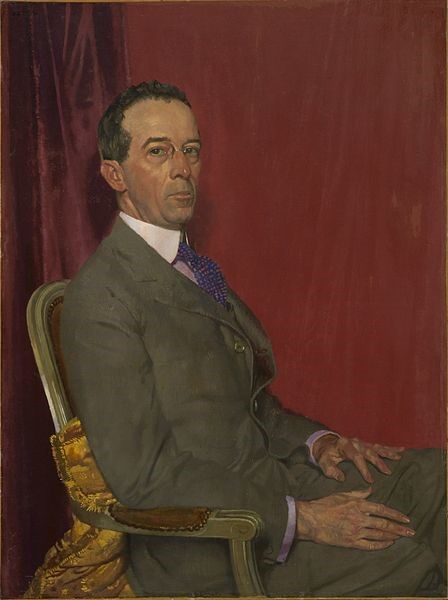I take it that would be a link to "Where do we invade next" .
Not seen it, but have read positive comments of it.
Can not help but recall he was an individual who was able
to successfully predicted the election that went to 45-
Which is to say he understood well where we live.
Not seen it, but have read positive comments of it.
Can not help but recall he was an individual who was able
to successfully predicted the election that went to 45-
Which is to say he understood well where we live.





